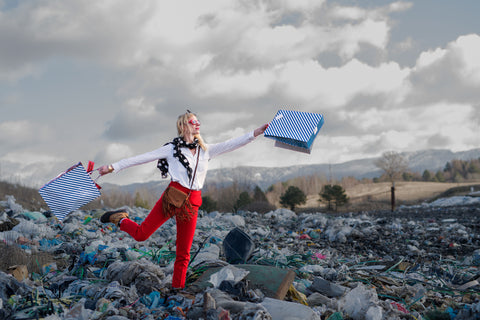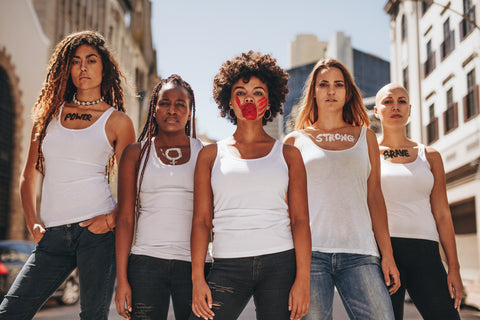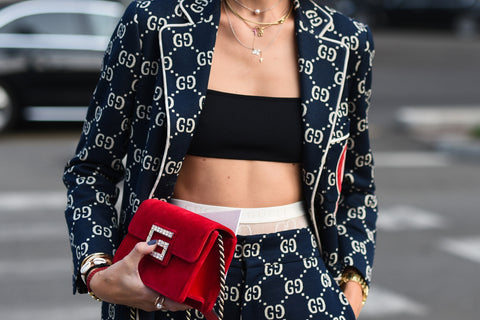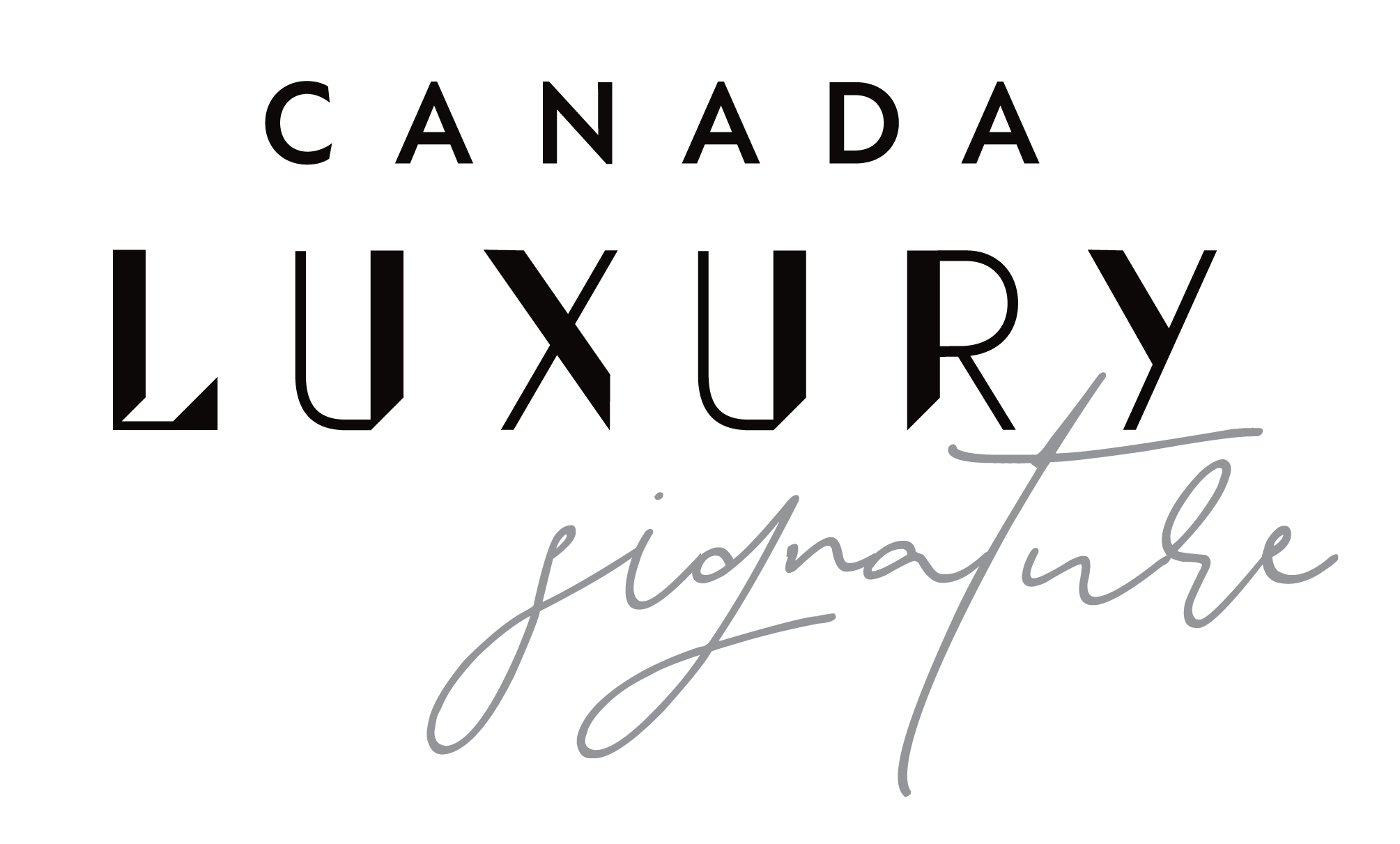
Sustainable Fashion: Cutting Through Greenwashing to Embrace Preloved Luxury
In the ever-evolving narrative of modern fashion, "sustainability" has become more than a buzzword; it's an urgent call for change. As consumers grow more environmentally conscious, they're challenging brands to not only talk the talk but also walk the walk when it comes to sustainable practices. Amidst this transformative wave, a troubling trend known as "greenwashing" has surfaced, where companies tout eco-friendly initiatives that are more about marketing than actual impact. This is where the appeal of preloved luxury items shines as a beacon of true sustainability.
Understanding Greenwashing in Fashion
Greenwashing is a deceptive practice where a company presents itself as environmentally responsible without making significant efforts to minimize its ecological footprint. In the fashion industry, this often manifests in vague claims like "eco-friendly" or "green" without clear definitions or proof of such benefits. It's a superficial veneer that masks the underlying issues of waste, pollution, and the excessive use of resources that are rampant in the production of new clothing and accessories.
Raising Brand Awareness
The antidote to greenwashing is transparency and education. Brands that are genuinely committed to sustainability will provide concrete information about their materials, supply chain, and production processes. They will invest in certifications, third-party audits, and detailed reporting. Consumers must become savvy readers of labels and question the stories brands tell. Organizations such as the Fashion Revolution and apps like Good On You empower consumers with the information needed to make informed choices, spotlighting brands that truly prioritize the planet.
Preloved Luxury: A Sustainable Choice
One undeniable solution to the fashion industry's sustainability crisis lies in the market for preloved luxury goods. Here's why choosing preloved is a step toward a greener future:
- Reduced Waste: By giving a second life to luxury items, we prevent high-quality goods from becoming landfill waste.
- Less Resource Consumption: Preloved shopping circumvents the resource-intensive process of manufacturing new items, reducing the demand for raw materials and energy.
- Extended Product Lifespan: Luxury goods are designed for longevity. Purchasing preloved items extends the lifecycle of products, maximizing the resources already spent on their creation.
Real-World Impact
Consider the story of a Chanel handbag. Crafted to withstand the test of time, a Chanel bag passed down or resold can have a fraction of the environmental impact compared to purchasing new, lower-quality fast-fashion items that might be discarded after a few uses. By choosing preloved, consumers help curtail the fast fashion cycle that contributes significantly to environmental degradation.
The Luxury of Responsibility
Luxury isn't just about opulence; it's about responsibility. The preloved luxury market is growing exponentially, driven by consumers who recognize that elegance and ecological consciousness can coexist. Brands like Vestiaire Collective and The RealReal are making it easier for consumers to access preloved luxury items, ensuring authenticity and quality without the environmental cost of producing new goods.
The Path Forward
As we continue to navigate our relationship with fashion, embracing preloved luxury items stands out as a practical, stylish, and ethical choice. This movement isn't just a trend; it's part of a larger shift towards a circular economy that celebrates quality, craftsmanship, and sustainability. It's a choice that says luxury and environmental care are not mutually exclusive, but rather, they can enhance one another.
Take Action
To become a part of this stylish solution, start by educating yourself on the real costs of fast fashion, support brands that are transparent about their practices, and consider the timeless value of preloved luxury goods. Remember, every purchase is a vote for the kind of world you want to live in.
Embrace the change. Choose wisely.
Love, Stéphanie xxx
Links for more infos:
It’s the industry’s dirty secret’: why fashion’s oversupply problem is an environmental disaster - The Guardian
Greenwashing – the deceptive tactics behind environmental claims - United Nations
How Fast, Cheap Fashion Is Polluting the Planet - Bloomberg
En mode avion, les géants de la fast fashion Zara et Shein attisent la crise climatique - Public Eye
Can an end-to-end sustainability standard change fashion? - VogueBusiness
« The most courageous act is still to think for yourself. Aloud. » Coco Chanel





